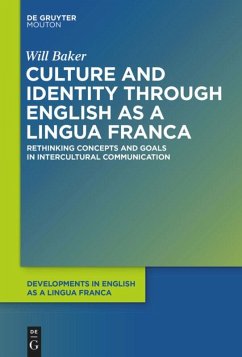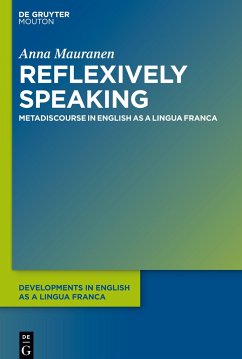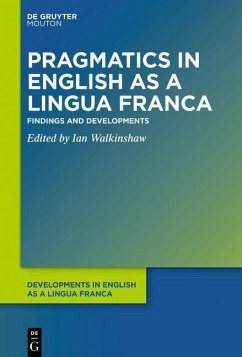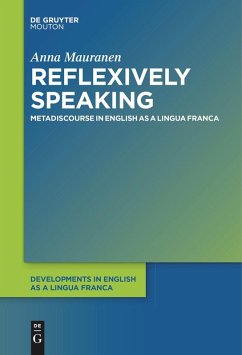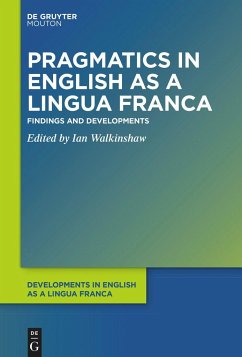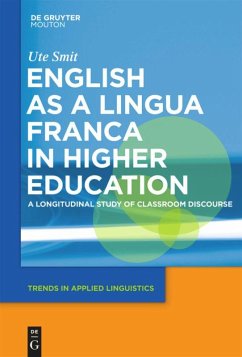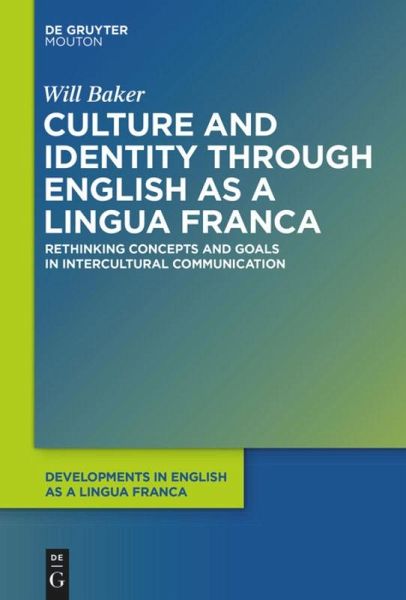
Culture and Identity through English as a Lingua Franca
Rethinking Concepts and Goals in Intercultural Communication
Versandkostenfrei!
Versandfertig in 6-10 Tagen
16,95 €
inkl. MwSt.
Weitere Ausgaben:

PAYBACK Punkte
0 °P sammeln!
The use of English as a global lingua franca has given rise to new challenges and approaches in our understanding of language and communication. One area where ELF (English as a lingua franca) studies, both from an empirical and theoretical orientation, have the potential for significant developments is in our understanding of the relationships between language, culture and identity. ELF challenges traditional assumptions concerning the purposed 'inexorable' link between a language and a culture. Due to the multitude of users and contexts of ELF communication the supposed language, culture and...
The use of English as a global lingua franca has given rise to new challenges and approaches in our understanding of language and communication. One area where ELF (English as a lingua franca) studies, both from an empirical and theoretical orientation, have the potential for significant developments is in our understanding of the relationships between language, culture and identity. ELF challenges traditional assumptions concerning the purposed 'inexorable' link between a language and a culture. Due to the multitude of users and contexts of ELF communication the supposed language, culture and identity correlation, often conceived at the national level, appears simplistic and naïve. However, it is equally naïve to assume that ELF is a culturally and identity neutral form of communication. All communication involves participants, purposes, contexts and histories, none of which are 'neutral'. Thus, we need new approaches to understanding the relationship between language, culture and identity which are able to account for the multifarious and dynamic nature of ELF communication.




